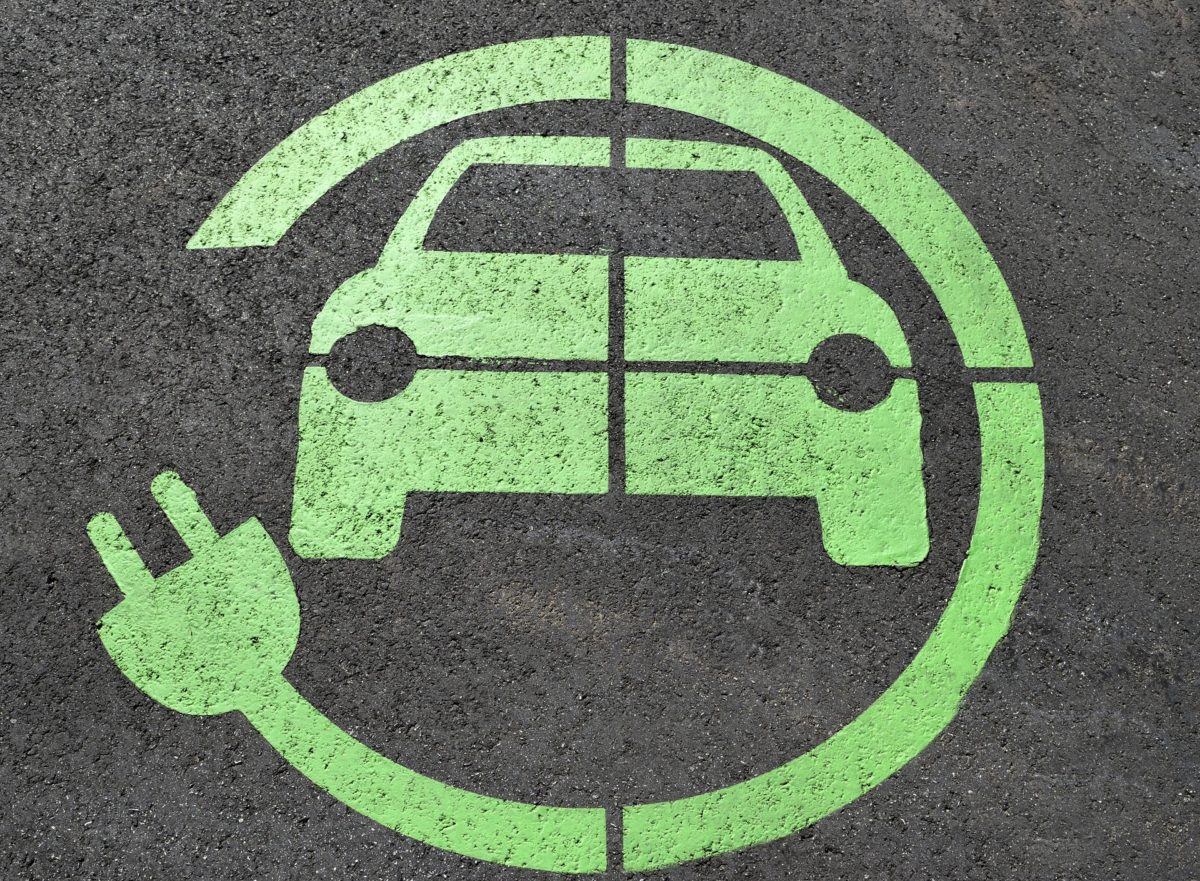From pv magazine India.
Electric vehicle adoption (EVs) retreated in India in the last financial year, with the majority of sales being two-wheelers. By contrast, China had a stock of 1.8 million EVs and 258 million e-bikes at the end of last year.
This year will be an important year for Indian EVs as the final version of the National Auto Policy and the second phase of the Faster Adoption and Manufacturing of (Hybrid &) Electric Vehicles (FAME) scheme will be released.
“The question is the timing: Will it be before or after the elections? Will the Modi government change tack if it is not re-elected?” asked consultants at Wood Mackenzie, adding: “Will this ambiguity continue to deter wider adoption? Automakers seem to have realized that EV adoption is not a question of ‘if.’ For instance, Maruti Suzuki, the largest automaker in India, will launch an electric version of one of its best-selling entry-segment cars, the Wagon R, in Q1 2019.”
Another key challenge will be stakeholder management and coordination across different ministries, government bodies and industry participants while the policy is formalized, say the analysts.
Predicting two-wheelers will dominate the electric mobility landscape in the personal transport sector, Wood Mackenzie said India offers huge potential for automakers as car ownership levels are very low – at just 23 per 1,000 people.
Rising income levels will increase car ownership and most global automakers are closely watching the potentially lucrative market. At the same time, two-wheelers should not be ignored, with current ownership levels six times larger than for cars.
“We believe that two-wheelers are the more effective option, given their utility in intra-city travel, less need for public charging infrastructure and availability of battery technology,” added Wood Mackenzie. “Two-wheelers will eventually leapfrog four-wheelers towards the goal of a greener and sustainable mobility future.”
This content is protected by copyright and may not be reused. If you want to cooperate with us and would like to reuse some of our content, please contact: editors@pv-magazine.com.




By submitting this form you agree to pv magazine using your data for the purposes of publishing your comment.
Your personal data will only be disclosed or otherwise transmitted to third parties for the purposes of spam filtering or if this is necessary for technical maintenance of the website. Any other transfer to third parties will not take place unless this is justified on the basis of applicable data protection regulations or if pv magazine is legally obliged to do so.
You may revoke this consent at any time with effect for the future, in which case your personal data will be deleted immediately. Otherwise, your data will be deleted if pv magazine has processed your request or the purpose of data storage is fulfilled.
Further information on data privacy can be found in our Data Protection Policy.